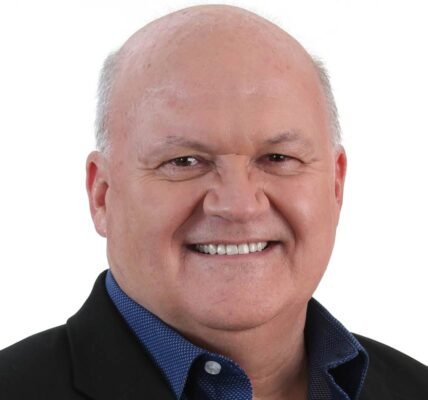 More and more South Africans are using debt to purchase the airtime, data and voice minutes they need to stay connected to friends, family and the world at large.
More and more South Africans are using debt to purchase the airtime, data and voice minutes they need to stay connected to friends, family and the world at large.
This takes the form of airtime advance facilities offered by the major mobile network operators.
In a trading update for the third quarter of 2023, released on Monday, Telkom announced that revenue from its airtime advance product in the three-month period came to R1.1-billion, constituting almost a third of all recharges.
The figure is about 20% for Cell C, a spokeswoman for the company told TechCentral in response to a query. Vodacom, which advanced R12.8-billion in airtime during its 2023 financial year, sells close to half its airtime volumes, or 44.7%, in the form of advances. It shows the increased financial pressure facing South Africans.
“Cyclical factors kept consumer finances in a fragile state, with structural factors becoming the main risks to consumer finances in the third quarter of 2023,” said the Consumer Financial Vulnerability Index (CFVI) report released in October last year by the Bureau of Market Research. “The majority still despairs about their financial situation.”
According to the CFVI, cyclical factors such as high inflation and high interest rates may abate in the short term, but longstanding structural issues such as load shedding, high fuel prices and low economic growth will continue to put a strain on household finances. Consumers are finding it difficult to finance their household needs, forcing many to seek relief wherever they can find it – even if it is temporary.
Risk
For the operators, repayments on advanced airtime are a good source of revenue since they charge additional service fees. Vodacom, Telkom and Cell C charge R1.10/advance, while MTN charges R1.10 for every R10 advanced (or any part thereof). Across all the networks, the fees remain the same whether it’s airtime, data or voice minutes being advanced.
Costs comes in the form of risk for the operators, as customers could default on their payments. This risk is mitigated by the application of strict lending criteria to determine which customers qualify for advances and the quantum of those loans.
In general, a customer must be active on the network for a minimum of six months. The longer they have been with the carrier, the more likely it is that they will qualify for an advance. Also taken into consideration is the customer’s average monthly spend and recharge frequency – higher spenders qualify for higher advances.
Read: Telkom weathers tough economic climate
Once an advance has been granted, rewards are given to customers who pay the money back on time (or early), while penalties are meted out for late payments. For example, a person who only qualified for a R60 advance might find that they qualify for R90 after making an early payment, or that they only qualify for R30 after they make a late payment. – © 2024 NewsCentral Media


